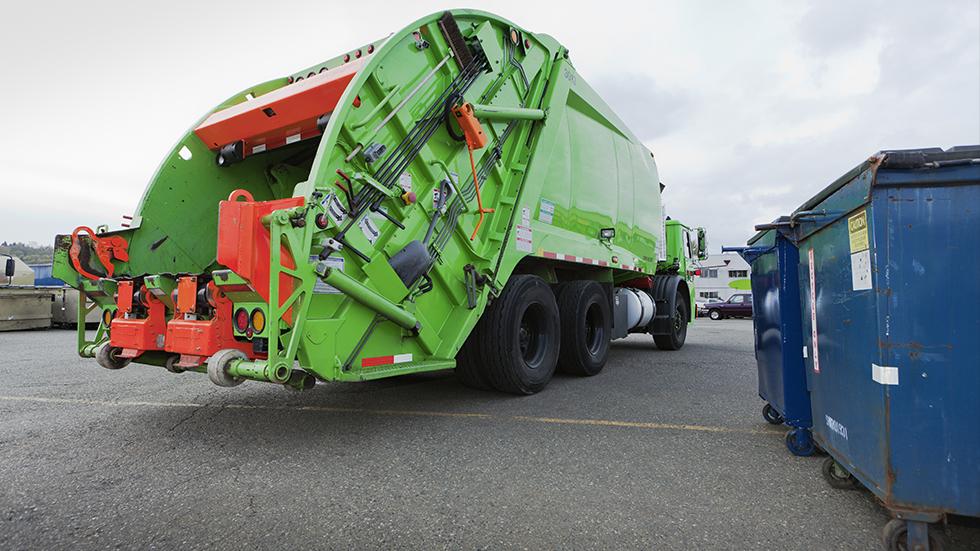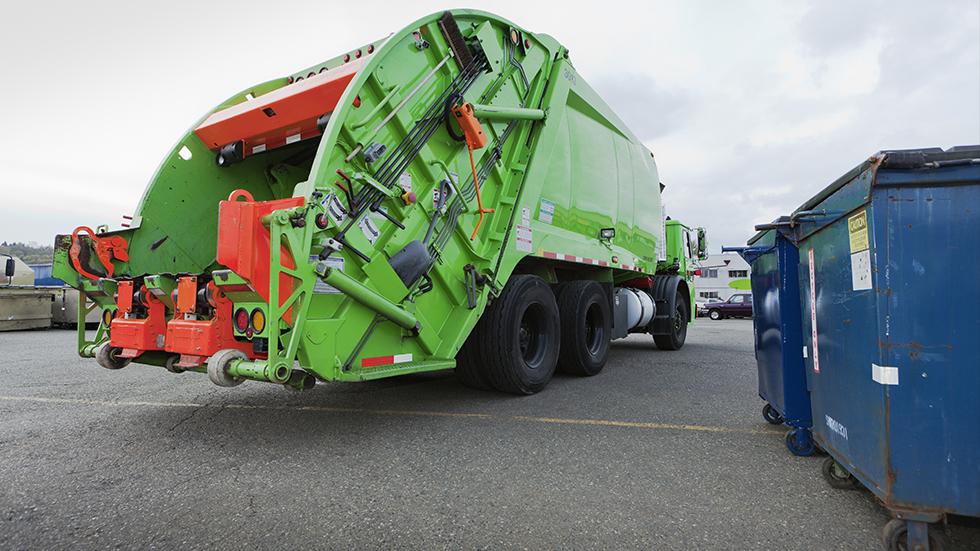
Many companies are taking steps to assess the business case for sustainability initiatives. REITs, in particular, are working to demonstrate how meaningful corporate responsibility initiatives are driving both positive environmental and social outcomes, while delivering strong business value.
For retail REITs, waste management and tenant engagement are two issues that are front and center. Retail landlords and tenants must work together to achieve operating cost savings and meet the increasing call to reduce waste, modernize collection, and prepare for increased reporting on plastics and packaging.
Fortunately, retailers and their landlords are well-positioned to respond to consumer demand for sustainability and take advantage of opportunities in the ever-growing circular economy.
Regency Centers’ Waste Management Strategy
At Regency Centers Corp. (Nasdaq: REG), waste management is a shared responsibility—and one the REIT approaches through strong partnerships with its tenants and a network of local recyclers, composters, and waste haulers. Across its shopping center portfolio, Regency works to promote responsible waste practices that reflect both its sustainability goals and the realities of local recycling infrastructure and regulations.
Recognizing that effective waste diversion often comes down to behavior, Regency has piloted site-specific engagement efforts in collaboration with tenants, property managers, and waste vendors. “This approach allows us to tailor solutions to each property’s unique needs and opportunities, while reinforcing our broader strategy around waste reduction and circularity,” according to Laura Davis, director, corporate responsibility at Regency Centers.
One recent project at a local shopping center focused on expanding composting access, increasing trash and recycling pickup frequency, and implementing routine waste management practices. These efforts raised the property’s diversion rate from 0% to 62%, resulting in meaningful cost savings. Insights from this effort are highlighted in the REIT’s 2024 Sustainability Report and are now helping shape best practices across Regency’s portfolio.
Retailers Facing Increased Regulations
Meanwhile, at a recent meeting of retail landlords and tenants at the ICSC ESG Committee, retailers pointed out that supply chain reporting required by Extended Producer Responsibility (EPR) laws is a “huge area of focus,” says Tamara Chernomordik, vice president of corporate responsibility at Kimco Realty (NYSE: KIM).
Chemomordik, currently serving as chair of the ICSC ESG Committee, noted that, “while not currently on the radar of many REITs, it seems like an opportunity for landlords to engage with tenants to support business-focused initiatives that result in positive environmental outcomes.”

Abby Jagoda, senior vice president, public policy at ICSC, noted that “in addition to EPR requirements coming from the EU, there were eight states that had already introduced legislation on EPR for packaging in 2025.”
“State governments are shifting the onus of end-of-life product management from consumers and local governments to the companies that produce, distribute, or sell certain items. As these programs expand, businesses across multiple sectors—including food and beverage, consumer goods, apparel, and logistics—will need to consider this as part of the broader move toward circular economies,” Jagoda added.
What’s Next with Waste?
Nareit’s REIT Industry Sustainability Report shows that 80% of REITs are reporting on waste volumes and diversion rates, while 22% have public waste goals. Product manufacturers and consumer goods companies are considering the future of voluntary goals and aligning sustainability strategies with reporting regulations, according to ESG Dive. For REITs, sustainability programs and goals continue to focus on initiatives that maximize value, comply with regulations, meet reporting expectations, and serve customers.
“Our progress in waste diversion reflects Regency’s commitment to responsible operations, strong partnerships, and long-term value creation. By integrating sustainability into our core business—from recycling programs to green building practices—we’re not only reducing our environmental impact, we’re strengthening the health, appeal, and resilience of our centers for tenants and communities alike,” Davis says.
Like energy and climate initiatives, strategies to manage waste will require a whole-of-economy approach that aligns suppliers, companies, tenants, and customers' practices. REITs will continue to play a key role as connection points for companies, their suppliers and customers, and gathering places for individuals and communities.
“By actively engaging with our peers, tenants, and industry groups like Nareit and ICSC, we help ensure the industry not only stays ahead of evolving requirements—but also drives meaningful progress towards our goals,” Chernomordik says.

